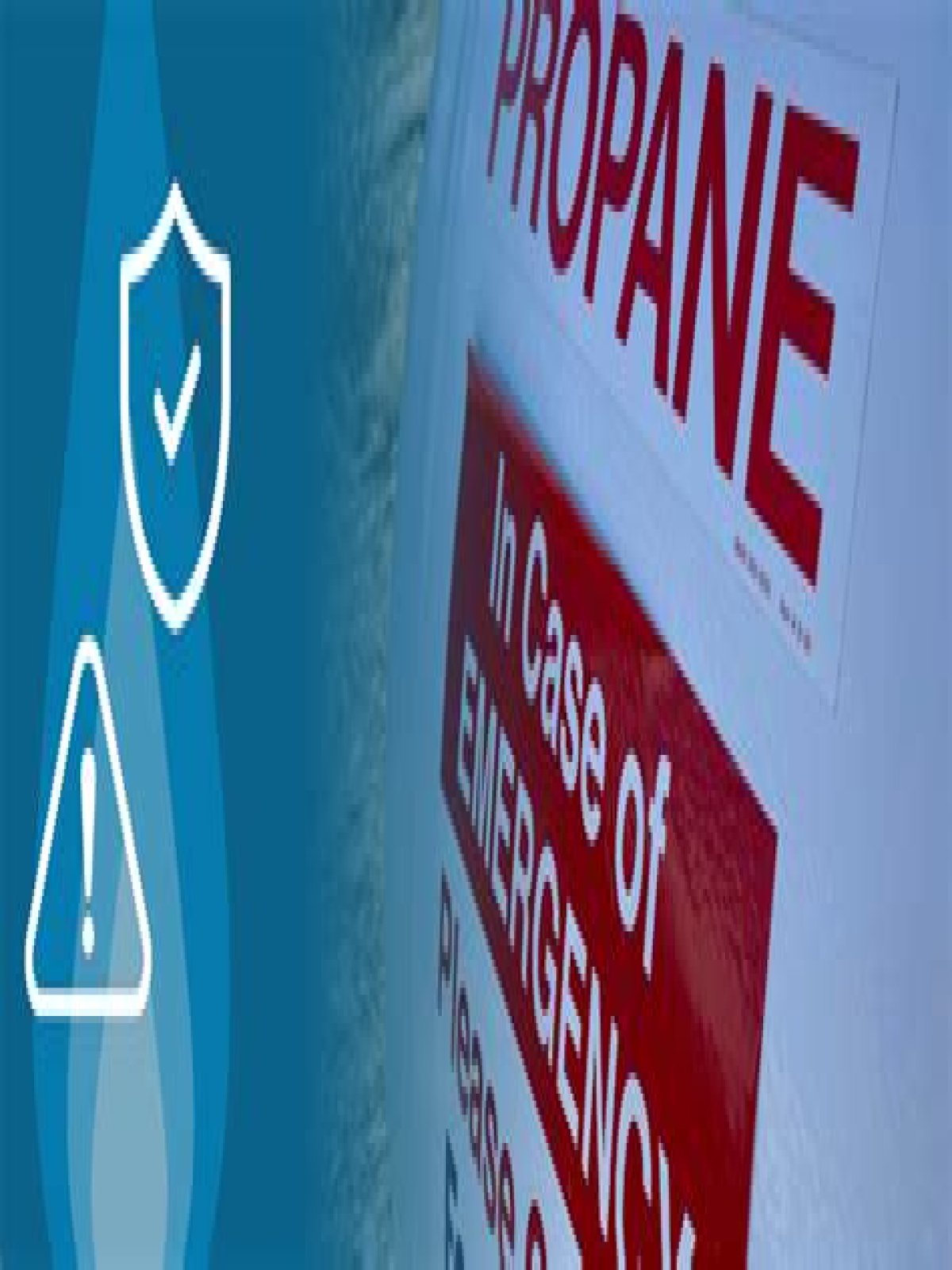What should you know about propane tank safety?
Like all combustible fuels, it has its dangers. Propane tank safety goes beyond just fire prevention, though. The following article will provide in-depth information about propane tank safety, like inspecting your tanks, hoses, regulator, and vents regularly.
What are other names or identifying information for propane?
What are other names or identifying information for propane? CAS Registry No.: 74-98-6. Other names: Dimethylmethane, n-Propane, Propyl hydride, Liquefied propane. Main Uses: Fuel, refrigerant, aerosol propellant, solvent. Appearance: Colourless gas.
When do propane tanks need to be requalified?
They can tell you if the rust has caused any serious problems, give you advice on what to use if you want to repaint it yourself, or for a price, they may repaint your propane tank for you. As of this writing, propane tanks must be requalified 12 years after the date of manufacture. You can find that date stamped onto the collar of the bottle.
How often should I Have my propane tank inspected?
Many RV service locations offer LP system inspections. They will not only look at your tanks, but they will also inspect the entire propane system’s function, which is the next tip on the list. Keeping your tanks in working order is essential, and inspecting them periodically or before each RV trip is a must.
Do you have to be home when your propane arrives?
Because propane expands as the temperature warms, we only fill propane tanks to 80 percent capacity. This is standard practice in the propane industry. Do I have to be home when my delivery arrives?
Can a propane tank explode in Your House?
Propane tanks are a high-risk fuel that many homeowners have and use whether for fire pits, grills, or other needs, and they can explode if not properly taken care of when in use. Your home insurance may offer some financial help overcoming losses associated with propane tank explosions or damage, but only if the damage is accidental.
How is propane stored in a gas tank?
Propane (also called liquefied petroleum gas (LPG), or LP gas) is typically transported and stored as a very cold liquid, and can cause a “freeze burn” or frostbite if it contacts the skin. As liquid propane is released from inside a tank or a cylinder, it turns into propane gas.
What’s the difference between natural gas and propane?
Propane vapors are heavier than air, while natural gas is lighter than air. For this reason, propane vapors may accumulate in low-lying areas such as basements, crawl spaces and ditches or along floors, while natural gas will typically rise into the air and disperse.
